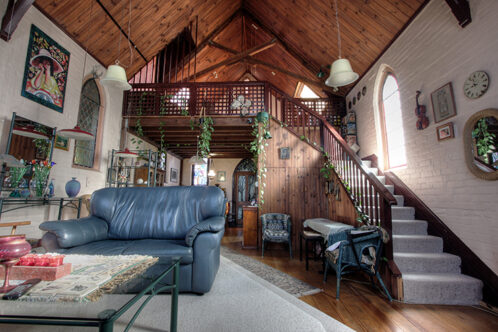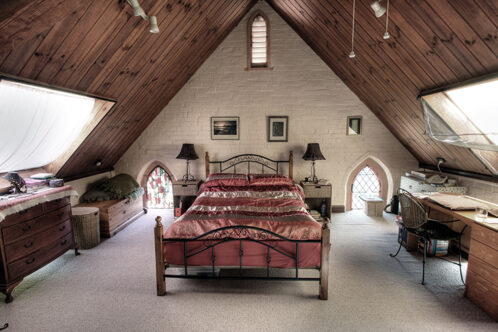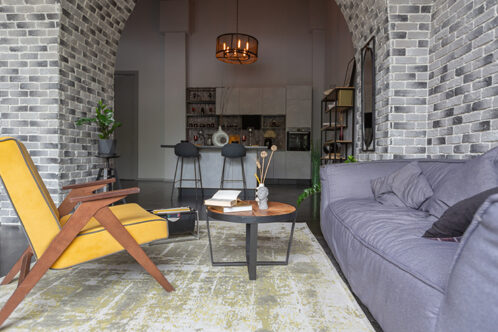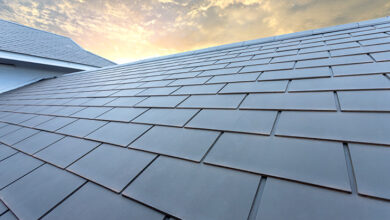A guide to church conversions
When it comes to putting in an offer for a property, most buyers are looking for something unique. Church conversions tick that box, although it’s unlikely that you know anybody who has acquired one lately. The Christian Research group says that of the 47,600 English churches operating today, around 10% will be declared redundant by 2020. Since developers and planners are looking to convert unused property into housing, many of these disused churches are likely to become residential homes.

According to the Royal Institution of Chartered Surveyors (RICS), in the last 5 years around 500 churches have been converted into houses in London alone. While the idea of closing a church isn’t a happy one, it’s actually a legacy of the Victorian era, when excess places of worship were built and some were even left half finished!
The conversions are popular because of the high ceilings, large stained glass windows and intricate brass detailing on features such as door handles. For the religious, they offer the chance to get close to God – you’re technically living in His house! – but for the non-religious, features such as the bell can still appeal as owners ring it to mark special occasions like the New Year.

Every property has its downsides and since churches are old buildings, they can come with age old problems like rotting and lead roofing, which is a goldmine for thieves. Have the property surveyed by a member of the Royal Institute of Chartered Surveyors to make sure that it’s safe and to highlight any potential problems that might put you out of pocket at a later date if left undetected and untreated. Should you decide that you want to buy a church, it’s a really good idea to invest in lighting and add extra security with a front gate and CCTV in place.
Churches weren’t designed to be homes, so you might need to reassess and add electrical connections to power items like washing machines and showers. The little things become the big things so don’t get too caught up in the design and forget that no matter what improvements you make, your heating bills will be much higher than average thanks to those tall ceilings. Inserting a number of different levels can help make this more manageable but you’ll need to decide whether dividing up the property visually damages the unique architectural design. Voices were meant to be carried in a church too, so consulting a specialist tradesperson to help with soundproofing is essential unless you don’t mind an echo in the living room!
Putting practical considerations aside, living in such close proximity to an old graveyard will test your morals. If graves are present, the ground will have to be deconsecrated and human remains moved where possible. If they can’t be moved, you’re legally bound to let relatives visit, so if you favour your privacy, a church conversion might not be the best option for you. In which case, it’s time to return to the house hunt!

If you’re sold on the idea of a visually unique home and prepared to deal with any problems that may arise, it’s time to decide between purchasing an already converted home or designing your own. I would recommend hiring an architect for the latter, with the help of the Royal Institute of British Architects (RIBA). There’s no point paying a higher price for a building if you don’t stay true to its architectural features and find yourself frustrated with issues like sound and heating.
Before putting in an offer, talk through your ideas with your Local Planning department since you’ll need planning permission from both themselves and the Church Commission. Churches can be grade 1 or 2 listed buildings, so they may also require approval from the English Heritage which your architect should help you with obtaining. After that, you’re free to put in an offer to your local Diocesan Redundant Church Uses Committee who will liase with the Church Commissioners on your behalf and return with a final decision on whether your offer and future plans have been accepted…
To find a tradesperson to help with your church conversion (perhaps you need the help of a specialist tradesperson for soundproofing), post your job and tradespeople will contact you to quote. You’ll be able to view their profile pages, inclusive of ratings and recommendations, to help you decide who to hire.




